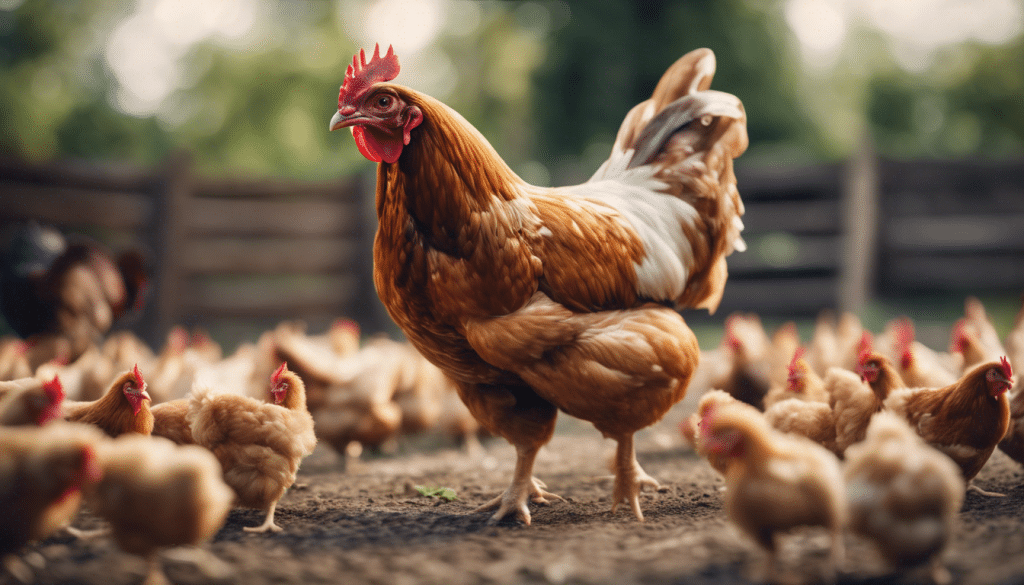Raising chickens is a rewarding experience, but it comes with its own set of challenges. One of the common issues poultry owners face is dealing with chicken lice. These pesky parasites can cause discomfort and health issues for your flock. Fortunately, there are natural ways to manage and eliminate chicken lice effectively. In this article, we’ll explore various methods on how to get rid of chicken lice naturally and ensure your chickens remain happy and healthy.

Understanding Chicken Lice
Before diving into the solutions, it’s essential to understand what chicken lice are and how they affect your birds. Chicken lice are small, wingless insects that feed on the skin scales and feathers of chickens. While they don’t suck blood, they cause irritation and can lead to feather loss, decreased egg production, and general discomfort.
Signs of Lice Infestation
Inspecting Your Chickens
Regularly inspecting your chickens is crucial in identifying a lice problem early. Look for these signs:
- Feather loss or damage
- Excessive preening or scratching
- Pale combs and wattles
- Decreased egg production
Check the Vent Area
The vent area is a common spot for lice to congregate. Part the feathers around the vent and check for tiny white or yellowish insects.
Natural Remedies to Eliminate Chicken Lice
Diatomaceous Earth
Diatomaceous Earth (DE) is a natural powder made from crushed fossilized remains of diatoms. It works by dehydrating and killing lice. Dust your chickens with food-grade DE, focusing on the vent area, under the wings, and around the neck. Ensure you wear a mask to avoid inhaling the fine particles.
Herbal Sprays
Herbal sprays made from essential oils like neem, eucalyptus, and lavender can be effective against lice. Mix a few drops of essential oil with water and spray it on your chickens, ensuring you avoid their eyes and beaks.
Garlic and Onion
Garlic and onion have natural insect-repelling properties. Crush a few cloves of garlic and mix them with water. Spray this solution in your chicken coop and nesting boxes. You can also add garlic to your chickens’ diet for added benefits.
Apple Cider Vinegar
Apple Cider Vinegar (ACV) is a versatile natural remedy. Adding a small amount to your chickens’ water can improve their overall health and make them less attractive to lice.
Maintaining a Lice-Free Coop
Regular Cleaning
Keeping your coop clean is essential in preventing lice infestations. Remove droppings, change bedding regularly, and ensure proper ventilation. This practice not only helps in controlling lice but also maintains the overall health of your flock.
Nesting Box Maintenance
Nesting boxes are prone to lice infestations. Ensure you clean them regularly and use quality nesting materials. Consider placing fresh herbs like mint or lavender in the nesting boxes to deter lice naturally.
Dust Baths
Provide your chickens with a designated area for dust bathing. Add diatomaceous earth or wood ash to the dust bath to enhance its effectiveness against lice. Dust bathing is a natural behavior that helps chickens clean their feathers and remove parasites.
Preventive Measures
Isolation of New Birds
When introducing new birds to your flock, it’s essential to quarantine them first. This practice helps prevent the spread of lice and other diseases.
Regular Health Checks
Conduct regular health checks to monitor the condition of your chickens. Early detection of any health issues, including lice, will allow for prompt treatment and prevent the problem from escalating.
When to Seek Professional Help
If natural remedies do not resolve the lice infestation or if your chickens’ health continues to decline, it may be time to seek professional help. A veterinarian with experience in poultry can provide guidance and recommend safe treatments if necessary.
Conclusion
Maintaining a lice-free environment for your chickens is crucial for their well-being. By using natural methods and preventive measures, you can effectively manage and eliminate lice infestations. Regular inspections, cleanliness, and the use of natural remedies like diatomaceous earth, herbal sprays, and apple cider vinegar will keep your flock healthy and happy. For more information on natural products for chickens, visit Natural Animal Health.

Frequently Asked Questions
Can chicken lice affect humans?
No, chicken lice are species-specific and do not live on humans. They can cause temporary itching if they come into contact with your skin, but they cannot survive on human hosts.
How often should I check my chickens for lice?
It’s advisable to check your chickens for lice every few weeks. Regular inspections will help you catch any infestations early and take appropriate action.
Are there any other natural methods to prevent lice?
Yes, maintaining a clean coop, providing dust baths, and using herbal sprays are effective natural methods to prevent lice infestations. Additionally, feeding your chickens a balanced diet will boost their immune system and make them less susceptible to parasites. For more tips on nesting and roosting, check out Nesting vs. Roosting.
This article contains affiliate links. We may earn a commission at no extra cost to you.










